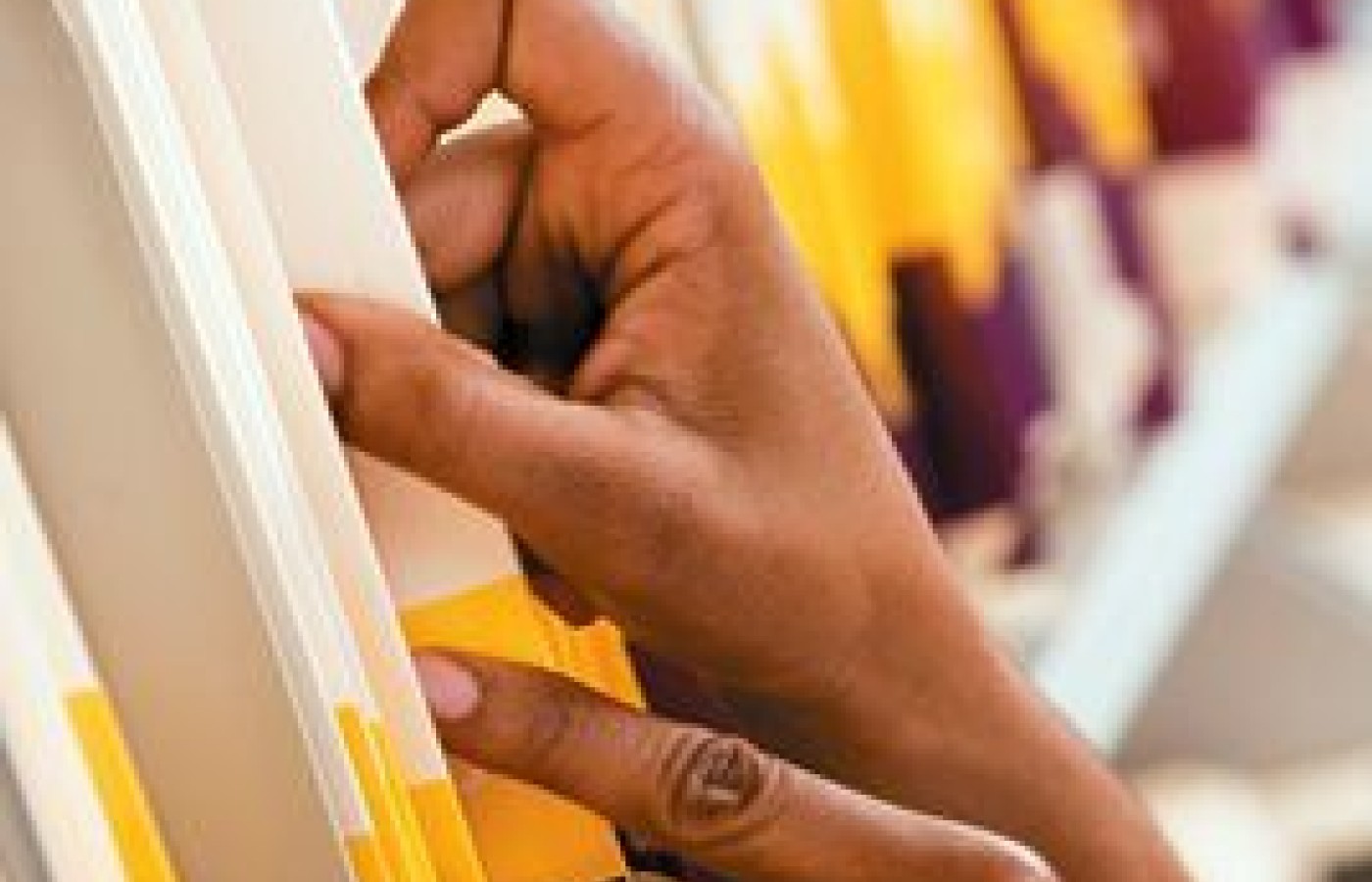The most important relationship I seek to nurture in the treatment room is the one a patient has with their own body. We live in a culture that teaches us to override pain, defer to outside authority, and push through discomfort. Patients often arrive hoping I can “fix” them, but the truth is, we can’t do the work for them. We can offer guidance, insight and support, but healing requires their full participation.
12 Important Reasons to Request Every Patient's Medical Records
- There are a number of reasons why you should request medical records and documentation from other medical providers for every patient.
- After you receive the patient's medical records, always send the MD a handwritten thank-you note or short letter.
- Requesting records and establishing a communication relationship with each patient's medical provider is a great way to spread information about the healing powers of traditional medicine.
The word why is defined as "for what reason or purpose." In recent months, I've been suggesting to students who are in their school clinics to request medical records from other doctors about their patients. You, as a provider in the acupuncture profession, may ask: Why? I'm here to tell you why.
Recently, I had the honor and pleasure of collaborating with Dr. Daniel Jiao from San Francisco. Dr. Jiao is a member of the medical staff at Sutter Hospital in Palo Alto, Calif. We were conversing about the profession – where we are, what's going on, what the future holds and what lessons we can learn.
Eventually, we began discussing the traditional medicine codes, which will be in ICD-11; and the documentation required to support those codes. He asked me why I am recommending clinic interns request medical records.
This question peaked my interest and started my thinking process. So together with Dr. Jiao, we created a list of why to request medical records and documentation from other medical providers. I would like to share this list with you:
- The medical decision-making section of the Evaluation & Management (E&M) codes is essentially a "why" section to document the patient's diagnoses and management options. Having the MD's medical records assists you in this process.
- Helps begin a dialogue with the patient's Western medical doctor. Once you have their records, you can follow up with questions about specific tests / procedures performed, taking the conversation one step further.
- By talking with your patient about their MD's records, you also build communication and trust with your patient. It helps you understand the patient's health story.
- As a traditional medicine provider, knowing the patient's Western diagnosis code(s) will help start the process of interfacing Western and TM codes in ICD-11.
- Helps with pattern differentiation for an individualized treatment plan, which advances traditional medicine's focus on patient-centered care.
- Provides vital information on any medications the patient may be taking. This increases your credibility with the patient; and also allows you to research any possible herb-drug interactions.
- Helps you create a more detailed treatment plan including information / references from the MD as applicable.
- Knowing how the patient's MD has evaluated and treatment them allows you to adjust / modify your treatment plan if necessary.
- An established relationship with an MD helps create respect and acceptance for you and other traditional medicine providers and the medicine you provide; and also could generate future referrals from the MD to you.
- Helps you create a more detailed Report of Findings (discussed in my February 2023 column.
- Helps promote credibility for your own care plan and justification of fees.
- Lets the patient know (without stating it outright) that you are part of their health care team.
After you receive the patient's medical records, always send the MD a handwritten thank-you note or short letter. This is an important part of the communication process. (I included a sample letter / note in my February 2023 column.)
Still wondering why? With the forthcoming release of the TM codes and their adoption in the U.S. (we hope it's sooner, rather than later), it is critical for the acupuncture professional become not just a provider of acupuncture, but also a part of every patient's health care team. Requesting medical records – not to mention making your records available to the other members of the patient's health care team, as well as insurance if requested – is a critical step in this process.
Requesting records, receiving records, incorporating records and establishing a communication relationship with each patient's medical provider is a great way to spread information about the healing powers of traditional medicine.



